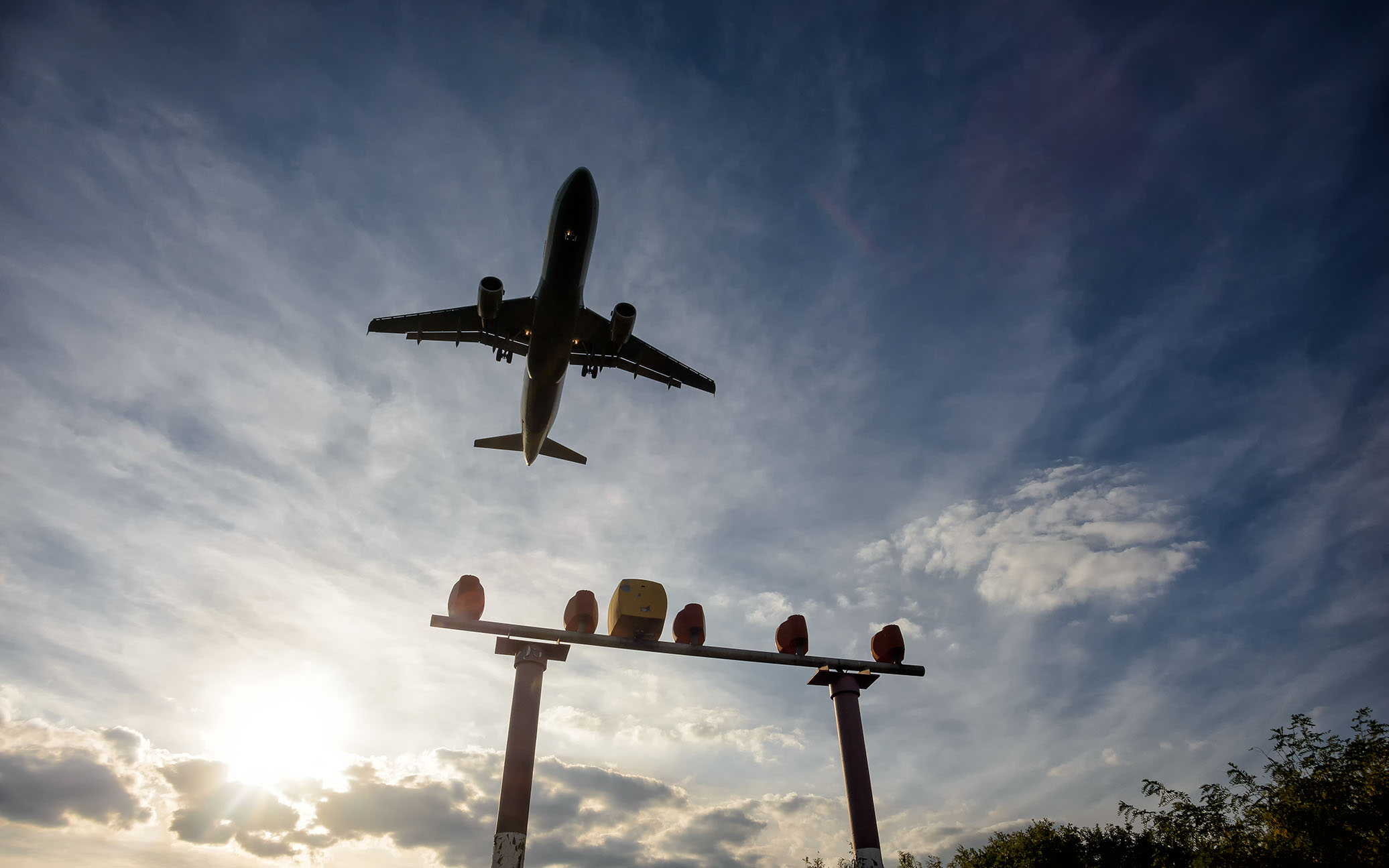Travel
New Rule Expands Disability Rights In Air Travel

Federal officials are finalizing a rule that they say will yield the largest expansion of rights for airline passengers with disabilities in a generation.
Under the regulation published this week, the U.S. Department of Transportation will mandate better training for airline staff and contractors who assist people with disabilities as well as those who handle wheelchairs. In addition, the rule enhances the expectations for how assistance is provided and what must occur if a wheelchair is damaged or delayed.
“Every passenger deserves safe, dignified travel when they fly — and we’ve taken unprecedented actions to hold airlines accountable when they do not provide fair treatment to passengers with disabilities,” said Secretary of Transportation Pete Buttigieg. “With the new protections we’re announcing today, we’re establishing a new standard for air travel — with clear and thorough guidelines for airlines to ensure that passengers using wheelchairs can travel safely and with dignity.”
Advertisement – Continue Reading Below
The rule stipulates that airlines provide “safe and dignified” assistance to passengers with disabilities, meaning that they are served in a manner that does not put them at increased risk of bodily injury and that respects their independence, autonomy and privacy. Airline staff and contractors who provide physical assistance to people with disabilities or who handle wheelchairs or scooters will be required to undergo annual training starting no later than June 17, 2026.
In addition, the rule mandates that individuals with disabilities receive prompt assistance when getting on and off aircraft and making connections. Airline staff must be available to help those who use a boarding chair deplane when the last passengers who do not require assistance exit the aircraft and the passenger’s personal wheelchair must be positioned as close as possible to the door of the plane, the rule states.
The regulation also makes it an automatic violation of the Air Carrier Access Act if airlines damage or delay the return of a wheelchair or another assistive device and it entitles passengers with disabilities to new protections if an airline mishandles their wheelchair or scooter. In such an event, a loaner must be provided and passengers will be able to choose if they want the airline to handle any repairs or replacement or if they prefer to make arrangements themselves at the airline’s expense.
Wheelchairs or scooters that are delayed must be returned to the passenger within 24 hours for domestic flights, the rule states.
If a person’s wheelchair or scooter does not fit in the cargo hold on their flight or if mobility devices are not loaded onto an individual’s scheduled flight for any reason, airlines will be expected to rebook passengers with disabilities on the next available flight at no cost, the Transportation Department said.
The rule also sets new standards for the design of on-board wheelchairs that will be phased in starting in October 2026.
The Transportation Department notes that an estimated 5.5 million Americans use wheelchairs. Data shows that airlines damage, delay or lose 1 out of every 100 wheelchairs that are transported on domestic flights.
The final rule will take effect Jan. 16, 2025, though some provisions will not be implemented immediately.










